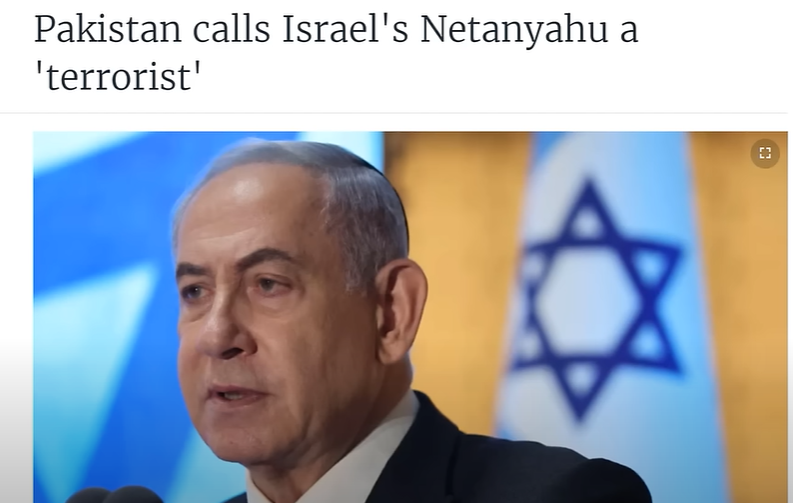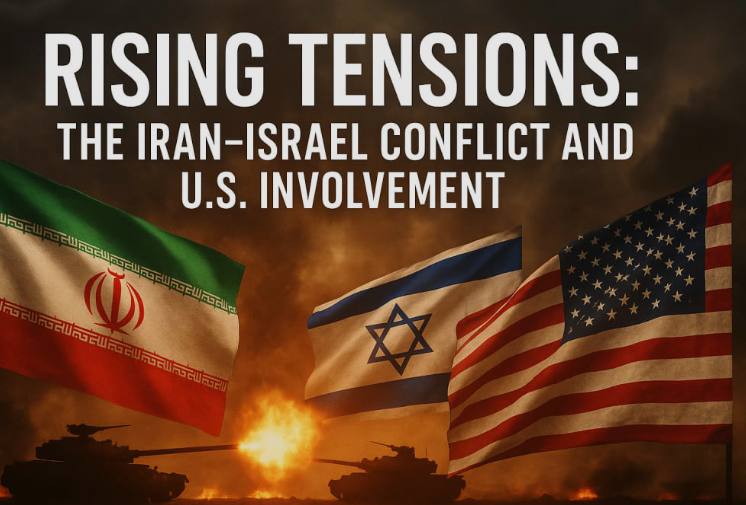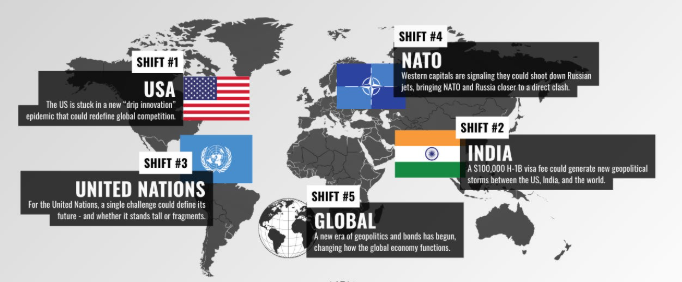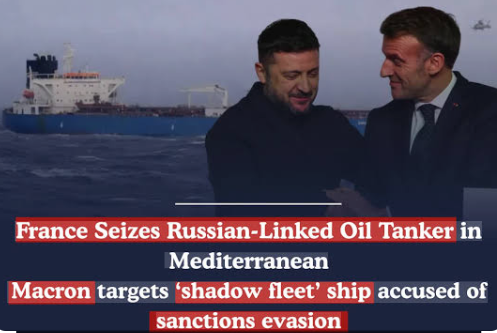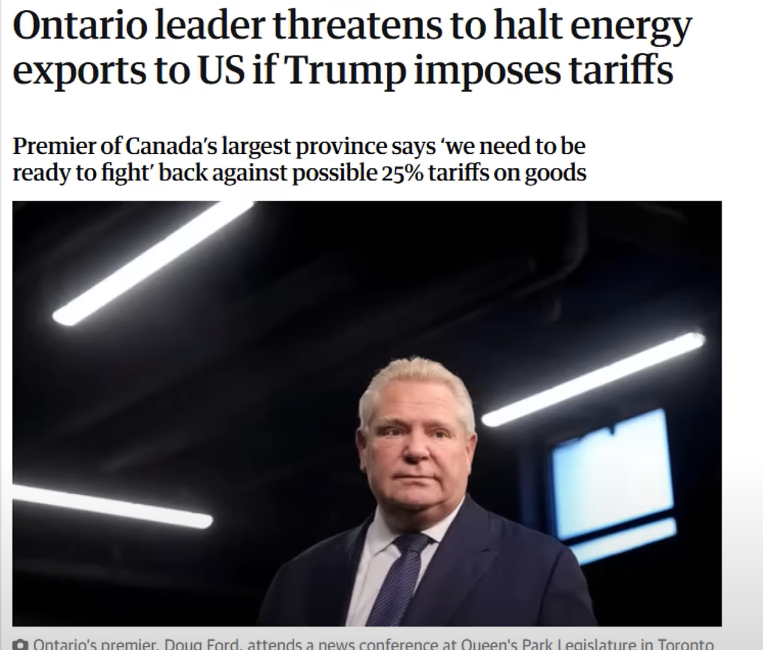A significant geopolitical speculation, analysts suggest that Israel is indirectly influencing U.S. policies in ways that could pose challenges to Pakistan’s regional security and strategic interests. While no direct confrontation exists between Israel and Pakistan, the implications of certain U.S. actions allegedly shaped by Israeli lobbying have raised alarms among policymakers in Islamabad.

Israel Allegedly Targets Pakistan Indirectly via U.S. Policies: Rising Geopolitical Concerns
The Allegations and Context
The claims center on Israel’s deep-rooted alliance with the United States and the influence it wields in shaping Washington’s foreign policy. Observers argue that some U.S. strategies in South Asia, particularly those involving counter-terrorism, arms sales, and military alliances, may align with Israeli interests that indirectly pressure Pakistan.
At the heart of this speculation lies Pakistan’s longstanding support for the Palestinian cause and its refusal to recognize Israel as a state. This position has placed Pakistan in ideological opposition to Israel for decades. As Pakistan strengthens its ties with nations such as Turkey, China, and Iran, some experts suggest that Israel perceives Pakistan as a potential threat to its regional influence.
U.S.-Israel Ties and Their Impact on Pakistan
Israel and the U.S. share one of the strongest bilateral relationships globally, underpinned by strategic, military, and political cooperation. This partnership often sees Israeli concerns significantly influencing U.S. foreign policy, particularly in the Middle East and South Asia.

Key areas where this influence could indirectly impact Pakistan include:
- Strategic Alliances:
The U.S.’s growing partnership with India, Pakistan’s arch-rival, is viewed by many in Islamabad as a strategy that not only serves American interests in countering China but also aligns with Israeli interests in containing Pakistan’s regional influence. - Military Technology and Intelligence Sharing:
The transfer of advanced military technology from Israel to India, including drones and missile defense systems, bolsters India’s defense capabilities. Pakistan sees this as a direct challenge to its security, particularly along the volatile Line of Control in Kashmir. - Pressure on Regional Partners:
The U.S., influenced by Israeli lobbying, has reportedly urged Gulf nations to reconsider financial and diplomatic support to Pakistan. This could weaken Pakistan’s economic resilience and regional alliances.
Pakistan’s Response
Pakistan has long been aware of the shifting geopolitical dynamics and their implications. Islamabad has focused on strengthening its relationships with China through the China-Pakistan Economic Corridor (CPEC) and fostering ties with Turkey and Iran.

In addition:
- Military Enhancements: Pakistan continues to modernize its defense capabilities, with support from China and Turkey, to counterbalance the growing India-Israel military nexus.
- Diplomatic Efforts: Pakistani leaders frequently emphasize the country’s principled stance on Palestine and its commitment to regional peace, aiming to garner support from Muslim-majority nations.
Foreign policy experts in Pakistan have also raised concerns over the U.S.’s apparent alignment with Israel’s strategic vision, urging Islamabad to adopt a more robust and independent foreign policy approach.
The Role of the Arab World
One of the most significant shifts in the geopolitical landscape has been the normalization of relations between Israel and several Arab states, such as the UAE, Bahrain, and Morocco, under the Abraham Accords. While this has brought Israel closer to some of Pakistan’s traditional allies, it has also created a more challenging environment for Islamabad’s pro-Palestine stance.
The UAE and Saudi Arabia, once key financial supporters of Pakistan, have been recalibrating their foreign policies, seemingly under U.S. and Israeli influence. This recalibration has led to reduced financial aid and stricter conditions on support, further pressuring Pakistan economically.
Regional Implications
The alleged targeting of Pakistan through indirect means has broader implications for South Asia and the Middle East:
- Increased Tensions with India: The strengthening of the India-Israel-U.S. nexus places Pakistan in a challenging position, particularly with ongoing disputes over Kashmir.
- Strained U.S.-Pakistan Relations: Islamabad’s growing alignment with China and Russia could deepen the rift with Washington, potentially isolating Pakistan on the global stage.
- Muslim World Unity: Pakistan’s leadership frequently calls for greater unity among Muslim-majority nations to counter what it perceives as external interference. However, divisions within the Muslim world, particularly over ties with Israel, complicate this vision.
International Reactions
While Pakistan continues to express concerns over these developments, global reactions remain mixed. Western nations largely view Pakistan through the lens of counter-terrorism and its role in Afghanistan, often sidelining its regional security concerns.
China, on the other hand, has emerged as a staunch ally, advocating for Pakistan’s sovereignty and strategic interests. Turkey and Iran also support Pakistan’s position on various regional issues, including its stance on Israel.
The Road Ahead
For Pakistan, the path forward lies in balancing its relationships with global powers while safeguarding its regional interests. Key strategies could include:
- Strengthening ties with China, Turkey, and Russia to counterbalance U.S.-India-Israel influences.
- Advocating for a just resolution to the Palestinian conflict, which resonates deeply with Pakistan’s domestic audience and its global Muslim allies.
- Enhancing economic resilience to reduce reliance on Western financial assistance, thereby increasing its diplomatic flexibility.
Conclusion
While the allegations of Israel targeting Pakistan indirectly through U.S. policies remain speculative, the underlying geopolitical shifts are undeniable. For Pakistan, the challenge lies in navigating this complex web of alliances and rivalries to protect its sovereignty and regional interests.
As the global order continues to evolve, Islamabad must remain vigilant and proactive, leveraging its strategic partnerships and diplomatic channels to counter any threats to its security and stability.
READ MORE; TRUMP GOING TO INVADE PANAMA CANAL !HERE IS THE PROOF

